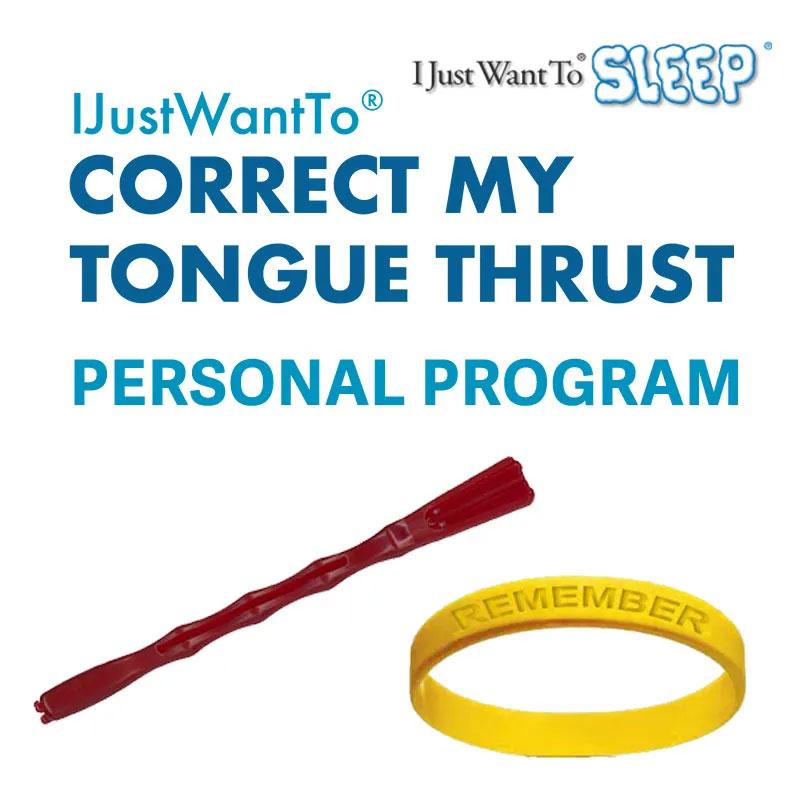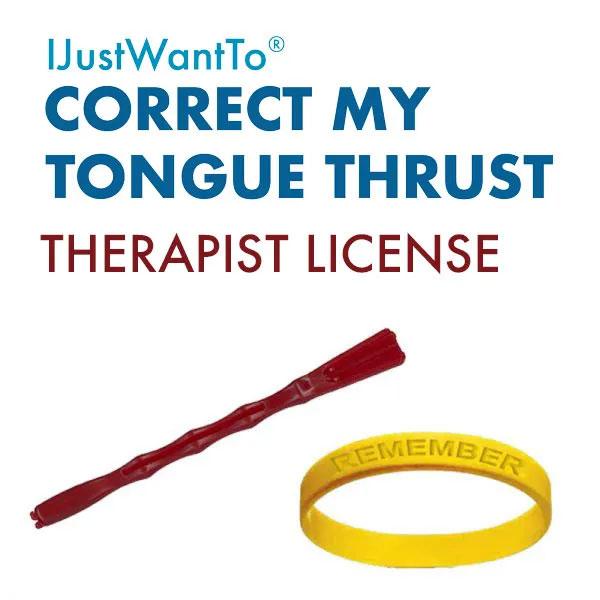What to Do? I Wake Up So Tired, Part 2
While having good sleep habits is essential no matter the circumstances, for many individuals, their ability to sleep restfully can be impeded by underlying medical conditions. In this second part of our series on waking up tired, we will take a closer look at the most common sleep disorders.
This list isn’t meant to be comprehensive. If you suspect you have a sleep disorder or can’t seem to shake daytime tiredness, you should always see a doctor for proper diagnosis and treatment options. Some underlying medical conditions have fatigue and sleep disruption as symptoms that can be quite serious if left untreated.
Insomnia
A quarter of all Americans experience insomnia at some point during any given year. Most bouts are short-term inconveniences, but chronic insomnia can indicate a bigger problem.
Insomnia is characterized as difficulty falling or staying asleep and can be a symptom of a broad category of potential issues if experienced over months or years. Underlying causes can include:
- Stress and anxiety
- Depression
- Cardiovascular disease
- Diabetes
- Prescription medications
Common treatments for insomnia, in addition to addressing underlying medical conditions, include cognitive behavioral therapy, prescription medications, and sleep aids. Keeping up the good sleeping habits discussed in part one, such as having a set sleep schedule and limiting caffeine intake, can help manage insomnia. It is the sleep disorder most easily tempered by good habits.
Sleep Apnea
This sleep disorder is a serious medical condition that causes an individual to pause while breathing during sleep periodically. If you wake up feeling tired and have a dry mouth, headache, or are told you snore, there is a chance you are experiencing sleep apnea. When left untreated, sleep apnea not only keeps you tired but can lead to heart problems and put you at increased risk of dementia.
There are two types, obstructive and central sleep apnea. Obstructive occurs when there is a physical blockage of the airway, and central sleep apnea is an issue with the central nervous system.
While lifestyle changes like implementing a heart-healthy diet, daily exercise, and a good sleep schedule can help treat sleep apnea, most individuals require medical aid. The most common treatment utilized for sleep apnea is Continuous Positive Airway Pressure (CPAP) therapy, which uses a gentle force of pressure to keep airways clear.
Tongue Thrust
Closely associated with sleep apnea are the sleep issues that can arise from having a tongue thrust. We generally don’t pay much mind to what our tongue is doing, but it can lead to considerable problems when it isn’t functioning as it should. And that includes messing with our sleep.
Tongue thrust is characterized by poor muscle coordination. If you or your partner snore or generally breathe through your mouth while sleeping, that may indicate you suffer from tongue thrust. Another easy check - swallow. If your tongue tip does not go to the roof of your mouth, directly behind your front teeth, you probably have a tongue thrust.
The good news is tongue thrust can be fixed relatively easily with physical therapy programs and tongue muscle exercises. In the meantime, a good way to keep your tongue from obstructing sleep is to focus on sleeping on your side.
Sleep Movement Disorders
Exactly as they sound, this category of sleep disorders is characterized by the uncontrolled movement of muscles while trying to fall asleep or during sleep. The most common sleep movement disorders are:
- Restless Leg Syndrome: The uncontrollable urge to move the legs due to an accompanying uncomfortable crawling-like sensation when falling asleep.
- Periodic Limb Movement Disorder: Repetitive muscle twitching that occurs every 20-40 seconds during sleep.
- Bruxism: Movement of the jaw which causes grinding or clenching of teeth while asleep.
For more severe sleep movement disorders, medications can help mitigate issues. But for many, these disorders can be managed at home with stretching, massages, avoiding caffeine, or in the case of bruxism, using a mouthguard to keep the jaw in a relaxed position.
Underlying Medical Conditions
Most of the sleep disorders we have discussed leave you feeling tired because they inhibit or interrupt sleep somehow. But certain medical conditions can leave you exhausted no matter how good a night's rest you get.
Iron deficiency anemia is often overlooked. A lack of hemoglobin in the blood means your body isn’t transporting enough oxygen. While other symptoms include irregular heartbeat, weakness, and cold extremities.
Anemia most acutely manifests in improper tissue function and fatigue. Deficiencies can take a long time to develop, so you may not notice symptoms until they are severe.
Underlying medical conditions like anemia, diabetes and an underactive thyroid can only be detected and treated with the help of a medical professional. If you have otherwise practiced good sleep hygiene like we recommended in part one of this blog but are still waking up tired, it may be time to make an appointment with your doctor.
What You Can Do to Help Manage Sleep Disorders
The method used to treat waking up tired varies depending on the underlying cause. That said, there are still several good habits you can form on your own to help lessen symptoms. Pair a focus on staying healthy with a good diet and exercise with the following sleep hygiene steps:
- Establish a bedtime routine and schedule
- Create a comfortable sleep environment free of distractions
- Wake up with sunlight and hydration
- Stretch and massage muscles to relieve stress
If you think you or a loved one may be experiencing poor sleep because of a tongue thrust, don’t worry. In most cases, it can be remedied with tongue exercises that will help you form a more natural tongue and swallowing motion. Our program, IJustWantTo® Correct My Tongue Thrust, has helped many people achieve a better night's sleep by reducing airway obstruction.
For more information on this simple program, you can visit our store page and send us a question. Just a few simple exercises practiced for five to ten minutes a day can have you getting a better, more restful sleep in just seven weeks.



